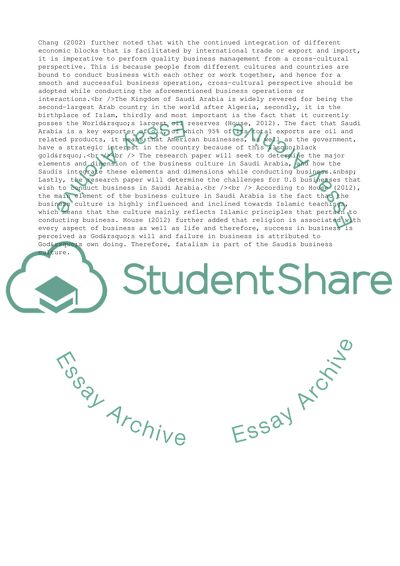Cite this document
(Export and Import Industry and Business Culture in the Kingdom of Literature review, n.d.)
Export and Import Industry and Business Culture in the Kingdom of Literature review. Retrieved from https://studentshare.org/business/1801943-exportimport-industry-and-business-culture
Export and Import Industry and Business Culture in the Kingdom of Literature review. Retrieved from https://studentshare.org/business/1801943-exportimport-industry-and-business-culture
(Export and Import Industry and Business Culture in the Kingdom of Literature Review)
Export and Import Industry and Business Culture in the Kingdom of Literature Review. https://studentshare.org/business/1801943-exportimport-industry-and-business-culture.
Export and Import Industry and Business Culture in the Kingdom of Literature Review. https://studentshare.org/business/1801943-exportimport-industry-and-business-culture.
“Export and Import Industry and Business Culture in the Kingdom of Literature Review”, n.d. https://studentshare.org/business/1801943-exportimport-industry-and-business-culture.


